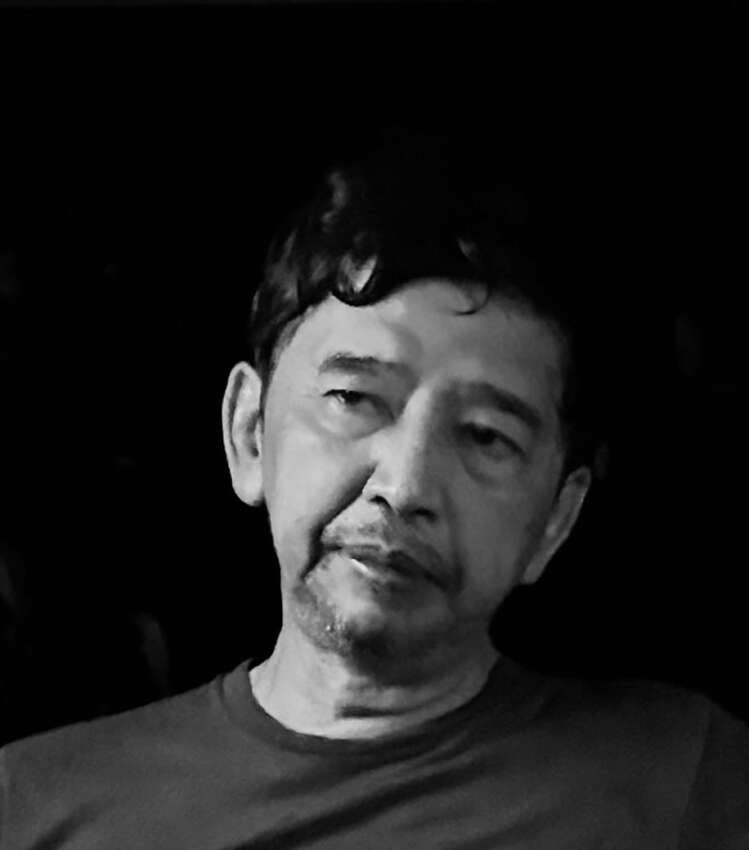
Revolutionary allied forces including the Kachin Independence Army (KIA) and People’s Defense Forces (PDF) have successfully captured Banmauk town in Sagaing Region. The military operation, which began on September 15, achieved success within days, with full control of the town established by September 20. Regarding this victory, 88 Generation student leader Min Ko Naing provided significant insights and analysis.
Min Ko Naing emphasized that Banmauk is strategically crucial, marking a successful shift of revolutionary efforts to the northwest region. This victory represents more than just a military achievement, carrying significant implications for financial and diplomatic aspects of the revolution. Although the military council forces fought intensely to defend the town, recognizing its strategic importance, they were ultimately defeated by the revolutionary forces’ well-planned and systematic offensive operations.
In the current situation, while the military council is attempting to recapture some towns and control key routes using newly conscripted soldiers in their offensives, Min Ko Naing notes that the Banmauk victory represents a positive development for the revolution. According to one of the commanding officers involved in the battle, the revolutionary forces’ capabilities and disciplined conduct were particularly impressive. The forces demonstrated both courage and strong ethical conduct during and after the operation, which has significantly boosted public morale and support for the revolution.
While the military council continues to propagate claims of diplomatic and military success, suggesting that holding elections would resolve the country’s political crisis, Min Ko Naing analyzes that the Banmauk victory extends beyond military significance. He emphasizes that this achievement represents a crucial foothold for the revolution’s future, impacting various domains including financial and diplomatic spheres. This victory has established an important foundation for the revolution’s next movements, particularly in a strategically vital area where the military council’s traditional support systems may have limited reach. The success in Banmauk represents not just territorial gain but a significant shift in the revolutionary momentum, potentially affecting the broader trajectory of the resistance movement against the military council.



